The 44 Most Wondrous Places to Visit in 2016
Inside Salina Turda, a salt mine in Romania. (Photo: Gabriel Tocu/WikiCommons CC BY-SA 4.0)
Where would you like to go exploring in 2016?
The options are overwhelming, but we’re here to help—Atlas Obscura staff have combed our 8,000-strong places database and come up with 44 suggestions for your expedition-planning pleasure. The following mind-blowing locations, found all around the globe, top our got-to-go list this year. Click on the photos to get the full details for each destination.
1. Navagio Beach
Zakinthos, Greece
(Photo: Ghost of Kuji/flickr)
My Turkish family would not be pleased with a Greek beach choice, but just look at that ship. Look at the beach. Who doesn’t want to see both, at the same time? —Reyhan Harmanci, Editor in Chief
2. Royal Portuguese Cabinet of Reading
Rio de Janeiro, Brazil
(Photo: AC Moraes/flickr)
When hordes of visitors descend on Rio this summer for the Olympic Games, few of them will realize that the sun-kissed beach city is also home to one of the world’s most majestic libraries: the Real Gabinete Português de Leitura, or Royal Portuguese Reading Room. Completed in 1887, the ornate library features some 350,000 volumes on hard-carved wooden bookshelves that stretch up to a stained glass ceiling—a wonderfully grand refuge from the crowds. —Rachel B. Doyle, Deputy Editor
3. Eaglehawk Neck Tessellated Pavement
Tasmania, Australia
(Photo: JJ Harrison/WikiCommons CC BY-SA 2.5)
Tasmania has so many more wonders to offer than incredibly wooly sheep, like these naturally occurring saltwater pools that look like modern art. —Sarah Laskow, Staff Writer
4. Digital Orca
Vancouver, Canada
(Photo: Philip Jama/WikiCommons CC BY-SA 3.0)
What’s more majestic than a bus-sized orca leaping from the water, snout to the sky and fins outstretched? A bus-sized statue of an orca, leaping from the water, snout to the sky and fins outstretched and designed to look like it’s made entirely of pixels. Douglas Coupland’s “Digital Orca,” perpetually breaching next to the Vancouver Convention Centre, hits that cultural sweet spot between Free Willy and free wi-fi. —Cara Giaimo, Staff Writer
5. Nishiyama Onsen Keiunkan
Hayakawa-chō, Japan
(Photo: 663highland/WikiCommons CC BY-SA 3.0)
Fifty-two generations have maintained this spot, often recognized as the world’s oldest inn. Channel your inner samurai as you repose yourself and commune with nature in the splendor of ancient hot springs and mountain vistas. —Blake Olmstead, Lead Designer
6. Harry’s New York Bar
Paris, France
(Photo: Mitch Barrie/flickr)
When next in Paris, do as Ernest Hemingway and generations of expats have done by asking your cabbie to take you to “Sank Roo Doe Noo.” There you’ll find Harry’s New York Bar, a legendary watering hole serving cocktails that, like Paris itself, are as strong as ever. —Tyler Cole, Head of Product
7. La Isla de la Munecas
Mexico City, Mexico
(Photo: Kevin/flickr)
Hundreds of discarded, decapitated and decaying dolls inhabit this isolated island, collected and strung from the trees over the course of 50 years by a recluse wishing to appease the spirit of a little girl who drowned in the canals. How’s that for nightmare fodder? —Megan Roberts, Director of Events
8. Longleat Hedge Maze
Warminster, England
(Photo: Jon Candy/flickr)
With 1.69 miles of twists and turns, the Longleat Hedge Maze is the longest hedge maze in the world. And it also happens to be on the grounds of the stately Longleat estate, so the scenery ain’t bad—assuming you can ever find your way out of the labyrinth. —David Minkin, Publisher
9. The Lonely Castle
Saudi Arabia
(Photo: Richard.hargas/WikiCommons CC BY-SA 4.0)
Looking for something remote? Cross the Saudi Arabian desert and discover a stunning example of rock-cut architecture. Qasr al-Farid, or “The Lonely Castle,” is a first-century Nabatean tomb carved into a spectacularly isolated four-story boulder. —Tyler Cole, Head of Product
10. Svalbard Seed Vault
Spitsbergen, Norway
(Photo: Bjoertvedt/WikiCommons CC BY-SA 3.0)
In the event of complete agricultural collapse, our only hope lies in the many tiny new beginnings locked up in Svalbard Seed Vault—a file-cabinet-shaped fortress embedded in an icy Norwegian archipelago. To get there, you must cross the Arctic Ocean—a journey that doubles as good preparation for the type of apocalypse that would result from complete agricultural collapse. Win/win. —Cara Giaimo, Staff Writer
11. Castillo de Zafra
Castellar de la Muela, Spain
(Photo: Borjaanimal/WikiCommons CC BY-SA 3.0)
Spectacularly perched on a massive sandstone rock, this fantastical, 12th-century Spanish castle is slated to appear in the sixth season of HBO’s Game of Thrones. —Tyler Cole, Head of Product
12. La Specola
Florence, Italy
(Photo: Michelle Enemark)
If you’ve ever wondered what your insides look like, take a trip to La Specola, where Clemente Susini’s early 19th-century wax sculptures will give you a graphic idea. The highly detailed anatomical models, criss-crossed with delicate veins, are presented in glass cases for your viewing pleasure. —Ella Morton, Associate Editor
13. Kizhi Island
Medvezhyegorsky District, Russia
(Photo: Larry Koester/flickr)
On an island in a lake, in the middle of a Russian republic that was once part of Finland, these Eastern Orthodox churches, made from wood, are astonishing. (And who knows how much longer Americans will be welcome in Russia?) —Sarah Laskow, Staff Writer
14. The Dark Hedges
Armoy, Northern Ireland
(Photo: Ana Rey/flickr)
When this tree tunnel appeared shrouded in mist on season two of Game of Thrones, it looked too fantastical to be real. But the spooky thoroughfare actually exists in Northern Ireland, where it is known as the Dark Hedges—or, more mundanely, Bregagh Road. —Ella Morton, Associate Editor
15. Baikonur Cosmodrome
Baikonur, Kazakhstan
(Photo: Charly W. Karl/flickr)
The desert departure site for all ISS-bound spacecraft, Baikonur is full of arresting spectacles. The obvious ones are the rocket launches, but the pre-flight rituals are just as fascinating—such as the ceremony in which a Russian Orthodox priest dressed in golden robes blesses each astronaut by thwacking them in the face with a brush dipped in holy water. —Ella Morton, Associate Editor
16. Verdenskortet
Hobro, Denmark
(Photo: Frank Vincentz/WikiCommons CC BY-SA 3.0)
17. Lebanese Hall of Fame Museum
Beirut, Lebanon
(Photo: LeahC)
An animatronic group of leaders from the Middle East. Like Disney’s Hall of Presidents—only not. I’d love to see this surreal display. —Reyhan Harmanci, Editor in Chief
18. Salina Turda
Turda, Romania
(Photo: someone10x/flickr)
If Walt Disney had been a dwarf from Middle Earth, his theme park would probably have looked something like Salina Turda. This surreal attraction located at the bottom of a massive salt mine is equal parts futuristic wonderland and industrial subterranea. —Eric Grundhauser, Staff Writer/Places Editor
19. Oradour
Oradour-sur-Glane, France
(Photo: Alejandro Mallea/flickr)
After being attacked by the Nazis in 1944, this small village was intentionally left in ruins as a reminder of the effects of war. The silent streets, burnt-out cars and crumbling buildings make for a poignant memorial. —Ella Morton, Associate Editor
20. Alnwick Poison Gardens
Alnwick, England
(Photo: Humphrey Bolton/CC BY-SA 2.0)
Though it may seem like the setting of an Agatha Christie novel, this deadly garden is a very real, very lush pocket of poison paradise. Don’t be fooled by the siren’s song—many of the garden’s most beautiful plants remain barred or caged in order to prevent visitors from an accidental encounter with death. —Blake Olmstead, Lead Designer
21. Devil’s Bridge
Ardino, Bulgaria
(Photo: Klearchos Kapoutsis/flickr)
My favorite of the many Devil’s Bridges in Europe. Legends say that to complete these spans, humans must trick The Adversary, who generally gets sore on the matter and sticks around to haunt the places. Manage a night crossing of the Devil’s Bridge and you might be rewarded with some kind of grand bargain. —Luke Thomas, Developer
22. Kane Kwei Carpentry Workshop
Accra, Ghana
(Photo: Jean-Michel Rousset/WikiCommons CC BY-SA 3.0)
The craftsmen of Kane Kwei Carpentry Workshop in Teshie, Ghana specialize in a very particular ware: coffins shaped like everything from sardines to soccer cleats to bananas to taxicabs. It’s never too early to start planning ahead. —Cara Giaimo, Staff Writer
23. Wat Rong Khun
Lan Dokmai Tok, Thailand
(Photo: Heiko S/flickr)
Wat Rong Khun, an all-white Buddhist temple known for its sculptural odes to comic book heroes and pop culture idols, was severely damaged in a 2014 earthquake. The restoration of the idiosyncratic mirror-trimmed temple, designed over many years by the artist Chalermchai Kositpipat, is expected to wrap up in 2016, once again providing visitors with a fine opportunity for communing (or taking selfies) with Superman and Buddha in the moonlight, a time when the White Temple looks particularly otherworldly. —Rachel B. Doyle, Deputy Editor
24. Spiral Jetty
Corinne, Utah
(Photo: Public Domain/WikiCommons)
Created by one of the foremost pioneers of earth art, this 1,500-foot coil of mud and basalt jutting from the banks of the Great Salt Lake is a pilgrimage site for artists and creatives the world over. But don’t delay your visit; fluctuating water levels in the lake periodically submerge the jetty, the fate of which is as unknown as the eroding rocks it comprises. —Blake Olmstead, Lead Designer
25. Okinawa’s Star-Shaped Sand
Taketomi, Japan
(Photo: Psammophile/WikiCommons CC BY-SA 3.0)
On a beach in Okinawa, the sand is made of stars. Each multi-pointed grain is a shell produced by microscopic, unicellular protists known as Foraminifera. Where else would you have the opportunity to let a million stars sift through your fingers? —Ella Morton, Associate Editor
26. Atlas Film Studios
Near Ouarzazate, Morocco
(Photo: Lars Curfs/WikiCommons CC BY-SA 3.0)
Filled with replicas of Rome’s Coliseum, fake ancient Egyptian tombs, and an atmospheric recreation of a Middle Eastern market, Atlas Film Studios in Morocco has been the go-to movie set for desert-based stories for over three decades. Spread over 322,000 square feet, the kitschy “Moroccan Hollywood” site touts itself as the largest film set in the world, and has provided a parched, dune-laden backdrop for films like Gladiator and many a miniseries of the Cleopatra-and-mummy variety. —Rachel B. Doyle, Deputy Editor
27. Skellig Michael
Kerry, Ireland
(Photo: Sean MacEntee/WikiCommons CC BY-SA 4.0)
Do you want to pretend that you are Rey, on a distant planet, walking up a steep flight of stone steps, about to meet Luke Skywalker? Of course you do, and this is the spot to do it: Skellig Michael, a remote Irish island, is where the last scene of Star Wars: The Force Awakens was filmed. —Sarah Laskow, Staff Writer
28. Jicamarca Ionospheric Radio Observatory
Lima, Peru
(Photo: Public Domain/WikiCommons)
Any science station that measures something as specific and fantastic-sounding as “incoherent scatter radar” has got to be interesting, and the 1960s-era Jicamarca Ionospheric Radio Observatory does not disappoint. The intriguing arrangement of 18,432 vertical poles in the desert outside Lima, Peru, is designed to probe the furthest reaches of our planet’s atmosphere, more than 3,000 miles above the earth’s surface. This may sound heady, but this massive piece of ultra-sensitive land art helps television signals and GPS satellites function correctly. —Rachel B. Doyle, Deputy Editor
29. Montaña Magica Lodge
Panguipulli, Chile
(Photo: Klausiee/flickr)
Part waterfall, part hotel, and part man-made volcano, this lodge in the lush jungle of Panguipulli, Chile is straight out of a fairytale. Enter via a rope bridge, sink into hot tubs made of hollowed-out logs, and simply wait for the magical creatures to arrive. —Tao Tao Holmes, Editorial Fellow
30. Kolmanskop
Near Lüderitz, Namibia
(Photo: Damien du Toit/flickr)
A century ago, Kolmanskop was a thriving diamond mining community in the southern Namibian desert, complete with Teutonic-styled ballrooms, casinos, hospitals and even an ice factory. Today it is a ghost town, its last inhabitants packing up 60 years ago when bigger diamonds were found near the border with South Africa. The town’s once-cheery pastel-colored buildings are slowly but surely being overtaken by wind-whipped mountains of fine orange sand. —Rachel B. Doyle, Deputy Editor
31. Blood Falls
McMurdo Dry Valleys, Antarctica
(Photo: DLR German Aerospace Center/flickr)
Antartica is bleeding. A three-foot, blood-red waterfall oozes from a crack in the Taylor Glacier, looking like it’s been cribbed from a fever dream of H.P. Lovecraft. To complete the “beyond space and time” aspect, the rusty water contains species of extremophiles that exist nowhere else, having been isolated in an underground pool for millions of years. —Dylan Thuras, Creative Director and Co-Founder
32. Frog Museum
Estavayer-Le-Lac, Switzerland
(Photo: wurzeltod)
Ah, the domestic lives of frogs! This museum exists thanks to a Napoleonic officer who in the 1850s took to catching frogs, stuffing them with sand, and arranging them in scenes of daily life such as card playing and letter writing. The amphibious art project is still on display in Estavayer-Le-Lac, Switzerland. —Tao Tao Holmes, Editorial Fellow
33. The Thumb
Moka, Mauritius
(Photo: Tao Tao Holmes)
Stroll to the top of this small, thumb-shaped peak, and you can spin around and gaze out upon the entire nation of Mauritius, a tiny island in the Indian Ocean whose mountains are the jagged remnants of a volcano that exploded some 10 or so million years ago. Verdant fields of sugar cane, tropical islands off the coast, and the capital city of Port Louis are all well within view. —Tao Tao Holmes, Editorial Fellow
34. Kakslauttanen Arctic Resort
Kakslauttanen, Finland
(Photo: Greenland Travel/flickr)
Ice igloos are so rustic. If you are going to try to catch the Northern Lights, there is no better vantage point than from the cozy warmth of your own glass igloo at this luxury arctic hotel. It might look like the last human outpost after a deadly icepocalypse, but the Kakslauttanen Arctic Resort is one of the stranger and more luxurious accommodations on the planet. —Eric Grundhauser, Staff Writer/Places Editor
35. Schwebebahn Wuppertal
Wuppertal, Germany
(Photo: JuergenG/WikiCommons CC BY-SA 3.0)
Despite holding the title of world’s oldest monorail system, Germany’s Schwebebahn Wuppertal and its eight miles of suspended rail appear remarkably futuristic. —Tyler Cole, Head of Product
36. Szabo Ervin Library
Budapest, Hungary
(Photo: Michelle Enemark)
Almost like a magical Matryoshka doll, the ornate and stately rooms of the Szabo Ervin Library are part of a 19th-century aristocrat’s mansion hidden inside Budapest’s Central Library. Sink into an armchair, pull out a leather-bound book, and lose yourself in the quiet and chandelier light. —Tao Tao Holmes, Editorial Fellow
37. Buzludzha
Kran, Bulgaria
(Photo: Athena Lao/flickr)
Balanced atop a distant peak in the mountains of Bulgaria is a enormous UFO-shaped building. It’s one of the many communist monuments built to last for eternity—and then abandoned after the fall of the Soviet Union. Once inside Buzludzha a vast space opens up. If you stand behind the great glass red star, you can almost see the world through the eyes of the Politburo. —Dylan Thuras, Creative Director and Co-Founder
38. Bouvet Island
South Atlantic Ocean
(Photo: Public Domain/WikiCommons)
Want to get away from it all? Like, really away? Than look no further than the frigid volcanic rock known as Bouvet Island, a Norwegian-owned nature reserve sitting in the South Atlantic between Africa, South America and Antartica, which also happens to be known as the most remote location in the world. —David Minkin, Publisher
39. Cat Island
Tashirojima, Japan
(Photo: id:takefumi/flickr)
One can only imagine the deep and soothing rumble generated from the collective purring of this island’s largest population—its cats. For anyone excited to see even a lone stray feline ambling down a city street, Tashirojima is surely a paradise. —Blake Olmstead, Lead Designer
40. Pando
Richfield, Utah
(Photo: Public Domain/WikiCommons)
A 107-acre forest of quaking aspen clonally reproduced from a single, massive root system over 80,000 years old, Fishlake National Forest’s Pando is one of world’s largest and most ancient living organisms, making a visit to this “Trembling Giant” an awe-inspiring and humbling experience. —Megan Roberts, Director of Events
41. Kovac Planetarium
Rhinelander, Wisconsin
(Photo: Edward Blake/flickr)
Frustrated ambitions are a powerful thing. With dreams of being a astrophysicist but realities that forced him into work at a paper mill, Frank Kovac never gave up on his desire to master the stars. Eventually he built Kovac Planetarium, a place, as he puts it, “Where the Universe Revolves Around You.” —Dylan Thuras, Creative Director and Co-Founder
42. Spaceport America
Truth or Consequences, New Mexico
(Photo: Ella Morton)
The future of space travel is commercial. So what’s the deal with this weird relic rotting away in New Mexico? Truth or consequences, indeed. —Reyhan Harmanci, Editor in Chief
43. Ball’s Pyramid
Off the east coast of Australia
If you were to peruse the pages of “Homes of the Super Villainous” surely Ball’s Pyramid would be there. Taller than the Empire State Building and jutting out of the Pacific Ocean like a knife blade, this rocky spire isn’t currently home to any human fiends, but to one of the world’s rarest insects: a six-inch-long massive creature nicknamed the “land lobster.” —Dylan Thuras, Creative Director and Co-Founder
44. Mount Roraima
Gran Sabana, Venezuela
(Photo: Tim Snell/flickr)
This mountain plateau became the scene of Arthur Conan Doyle’s The Lost World for good reason: it is home to flora and fauna found nowhere else, and some of the oldest known geological formations. You can scale it over two days on a natural footpath. —Luke Thomas, Developer

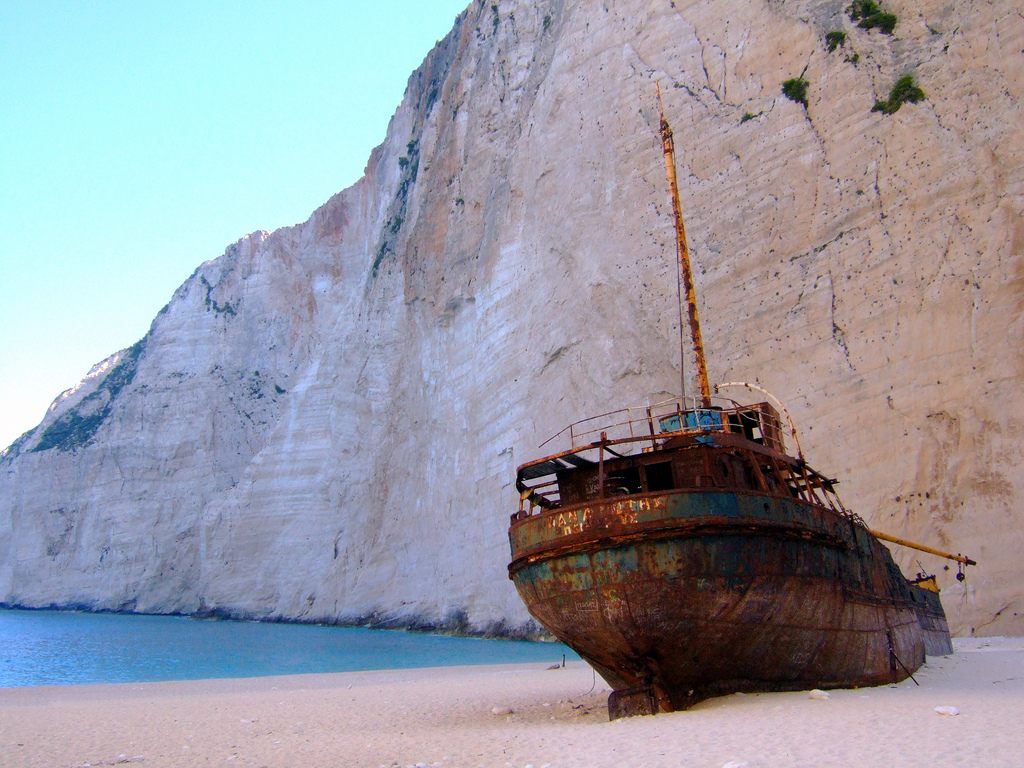


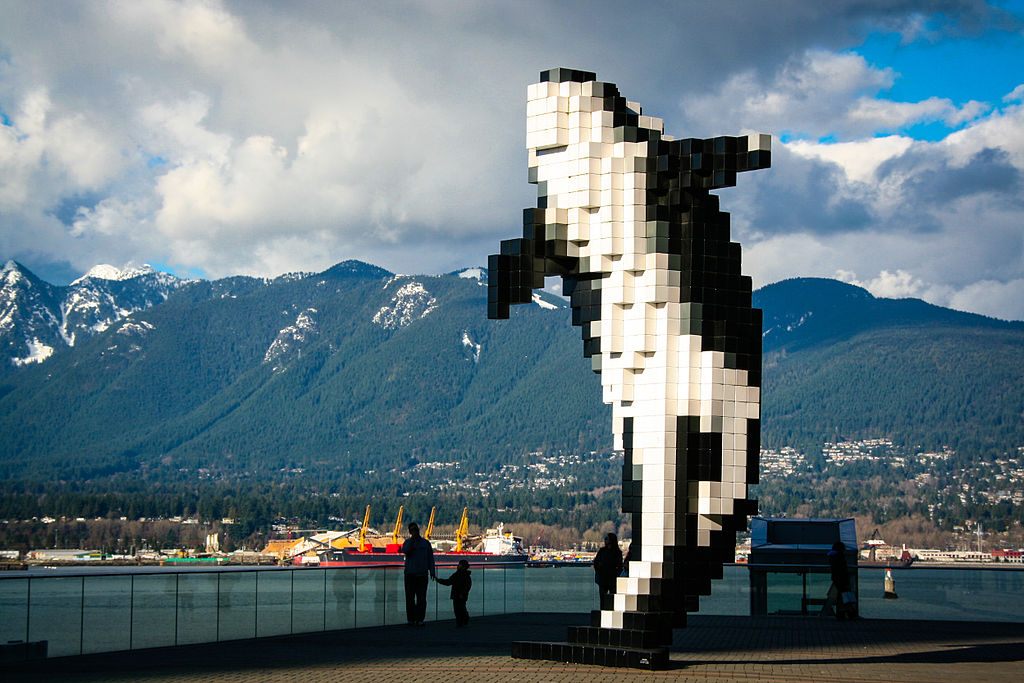
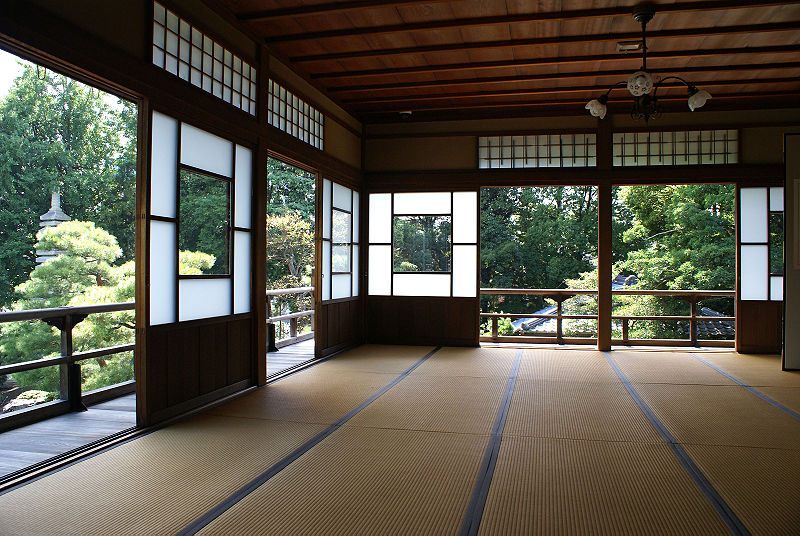
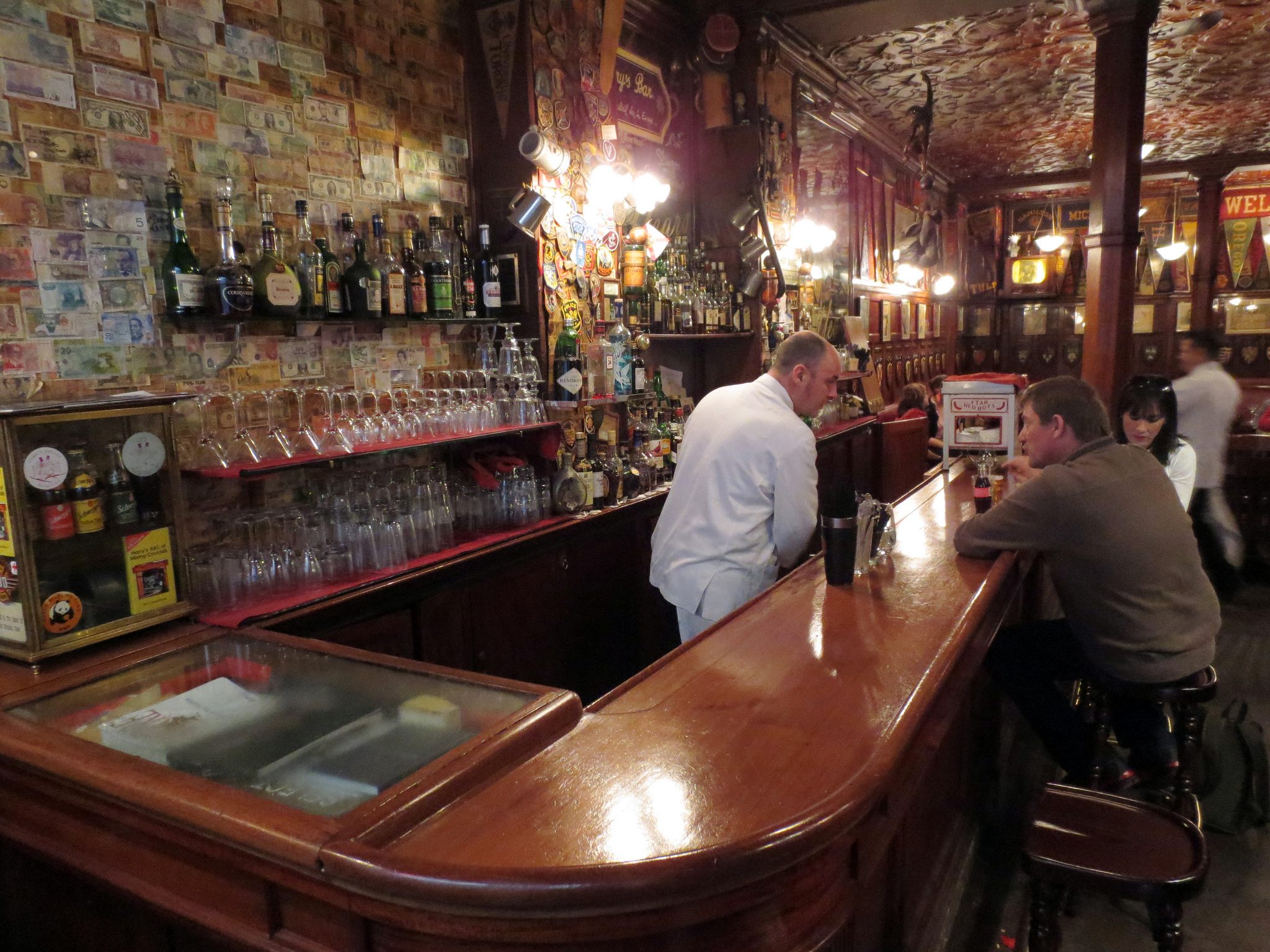

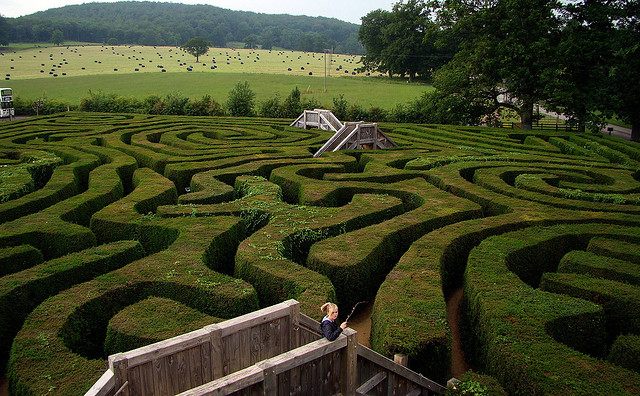

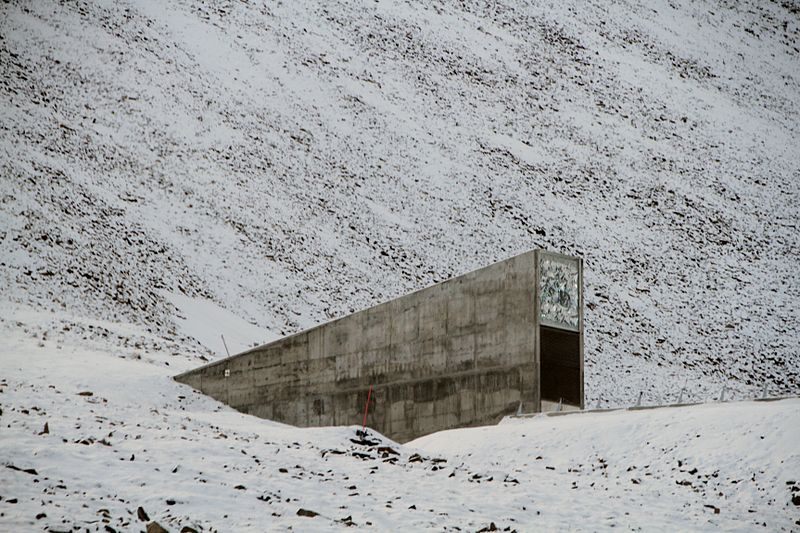
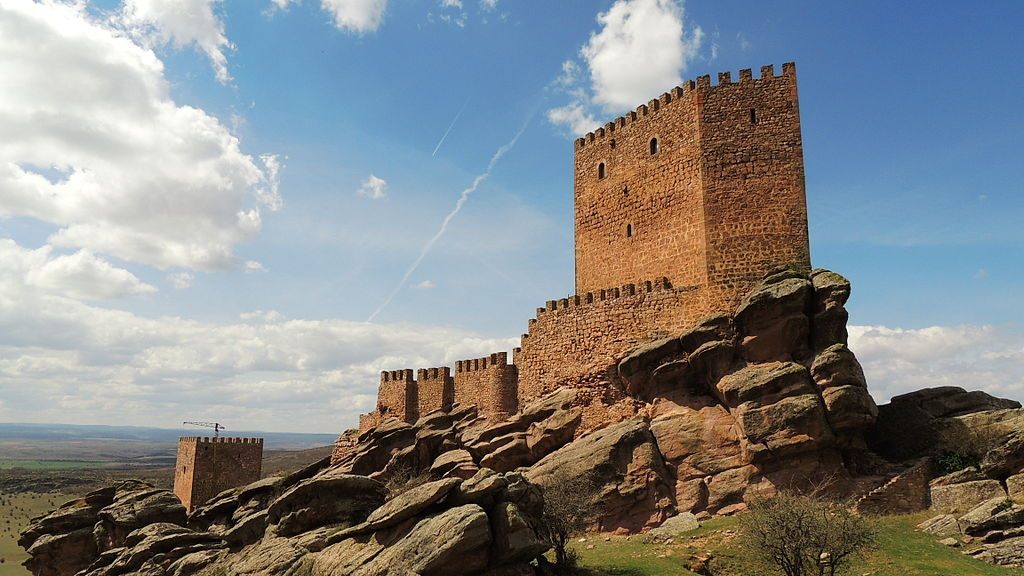
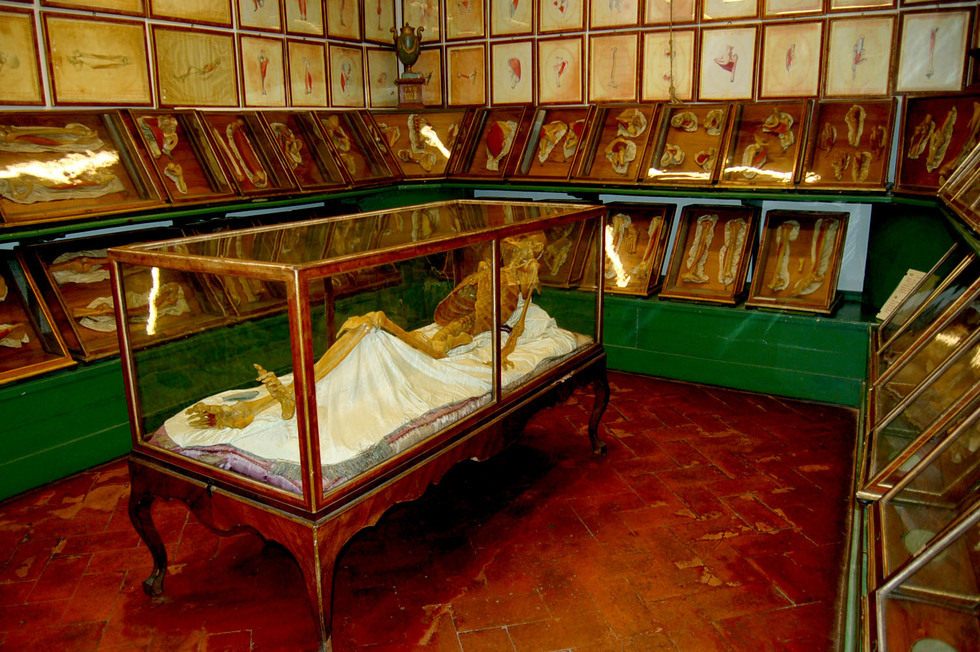






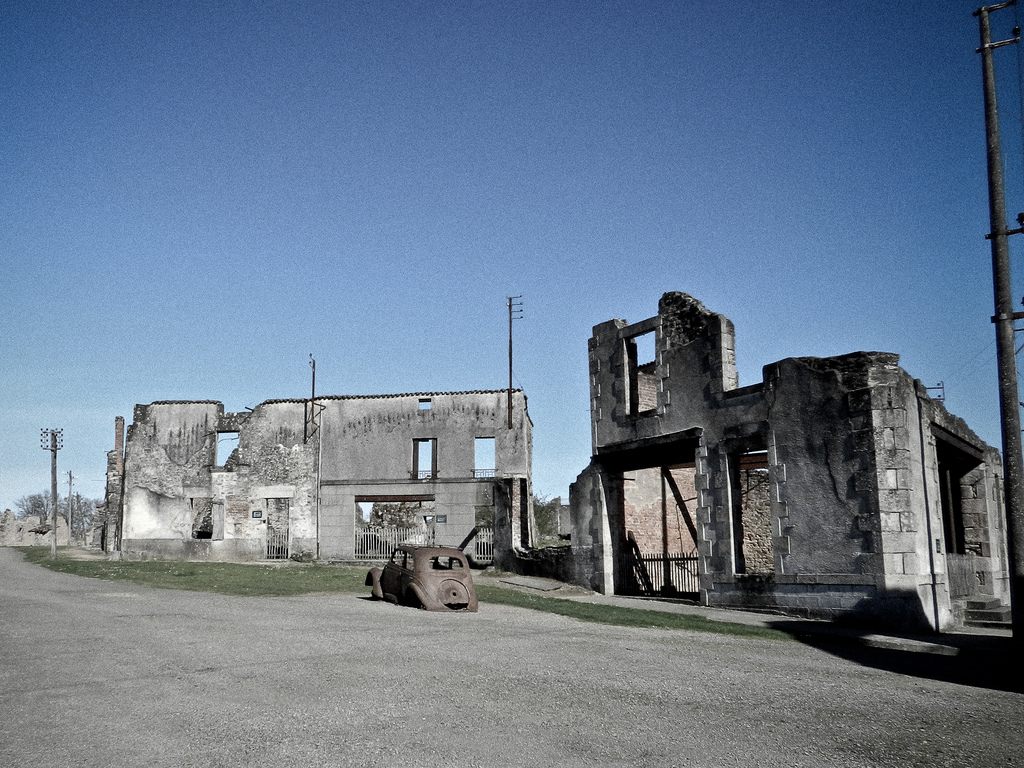

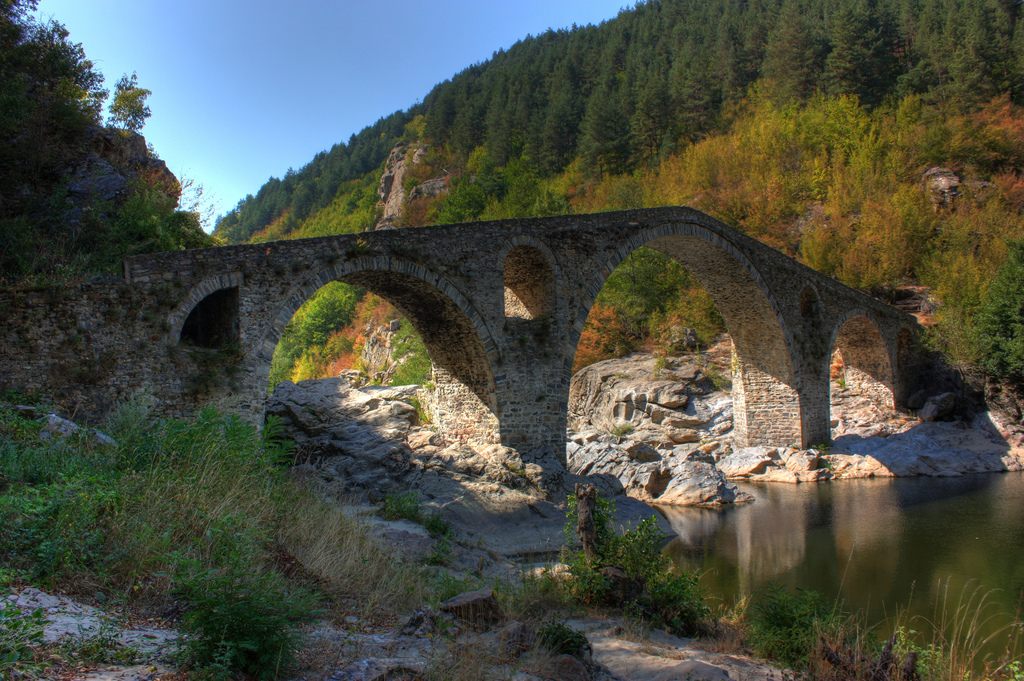
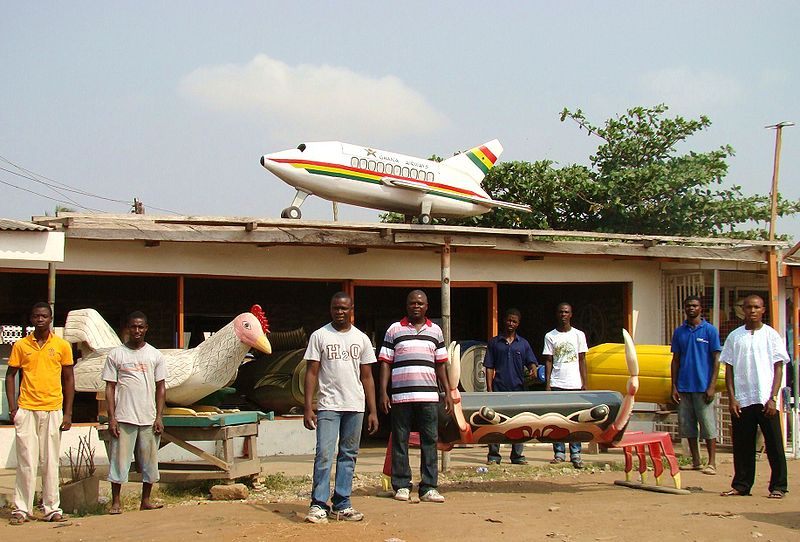
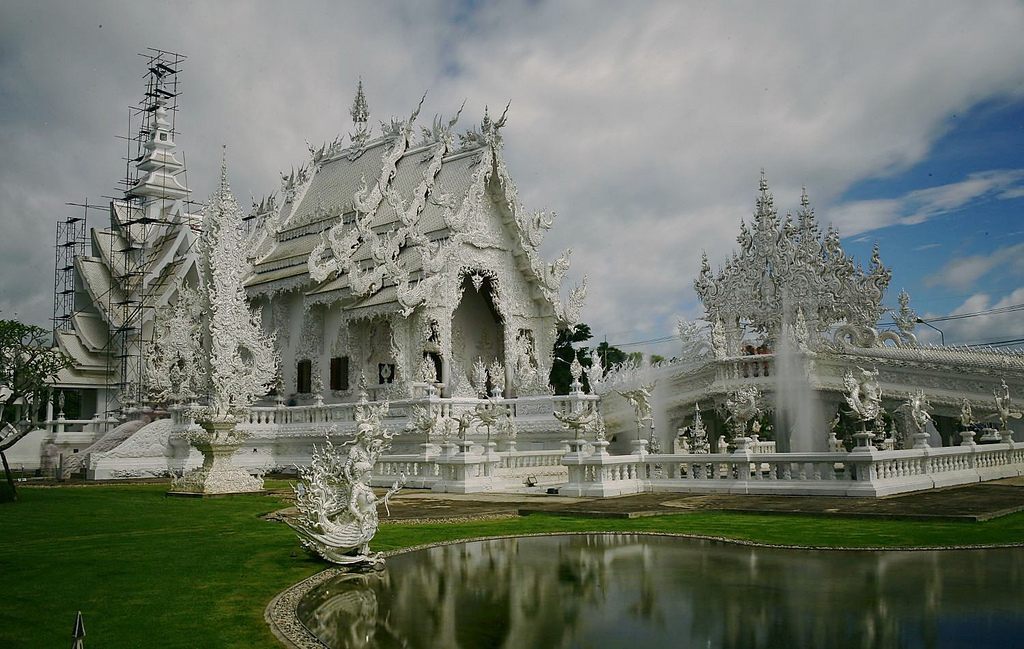
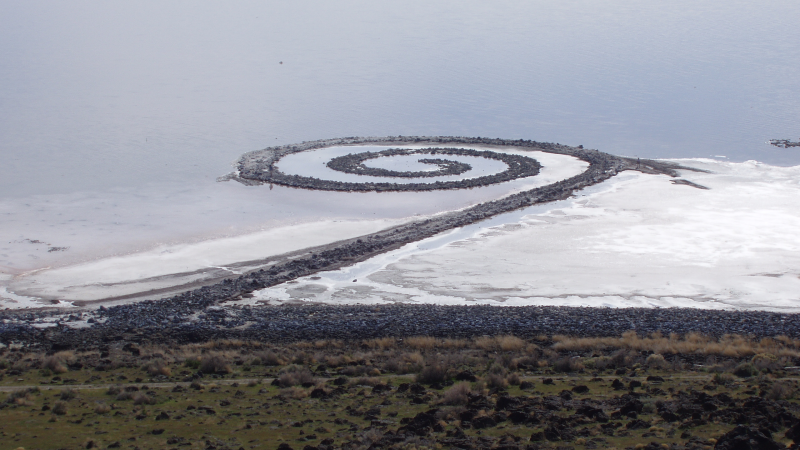


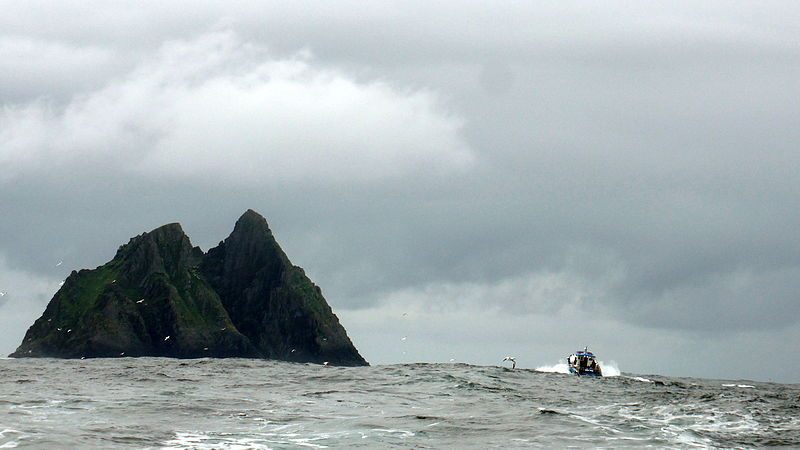
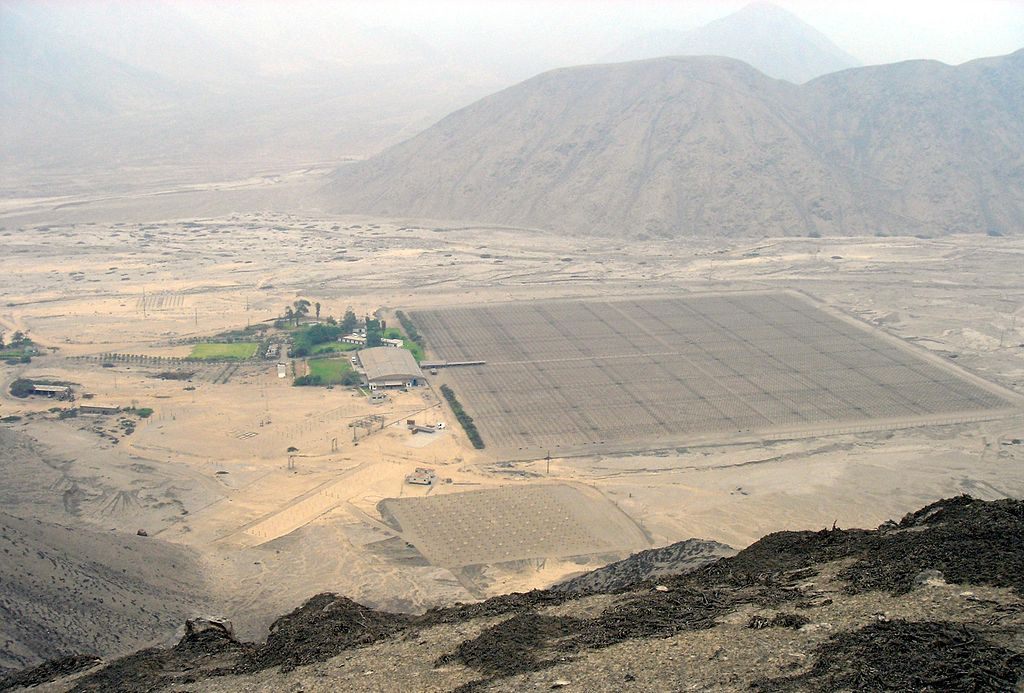

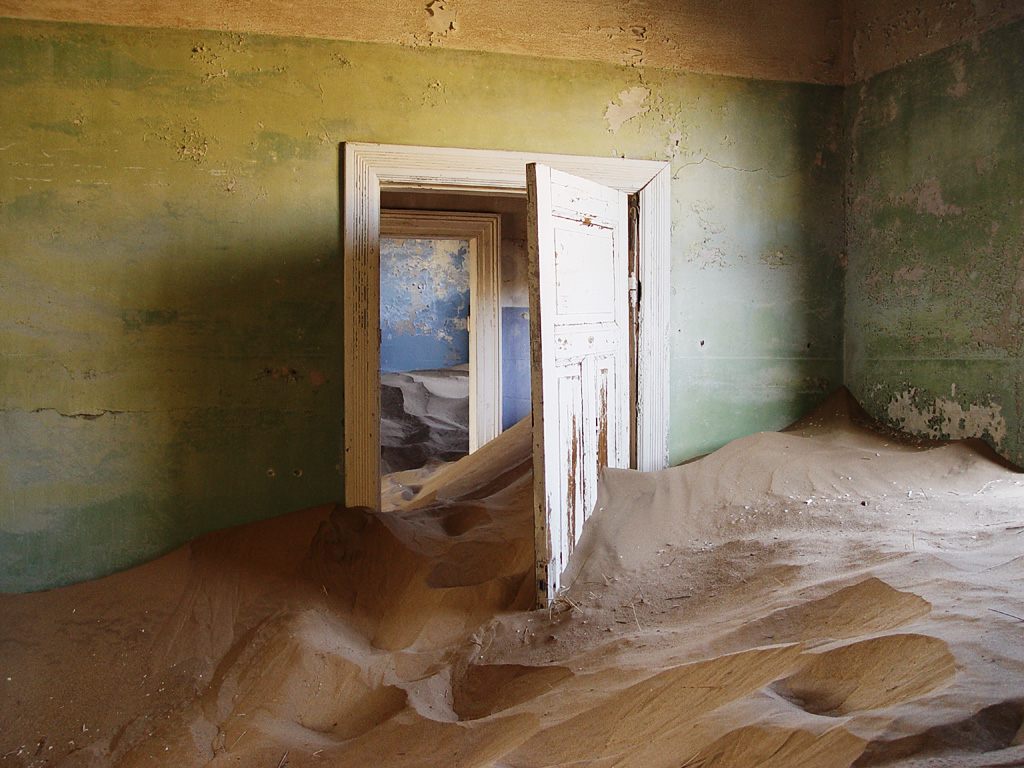




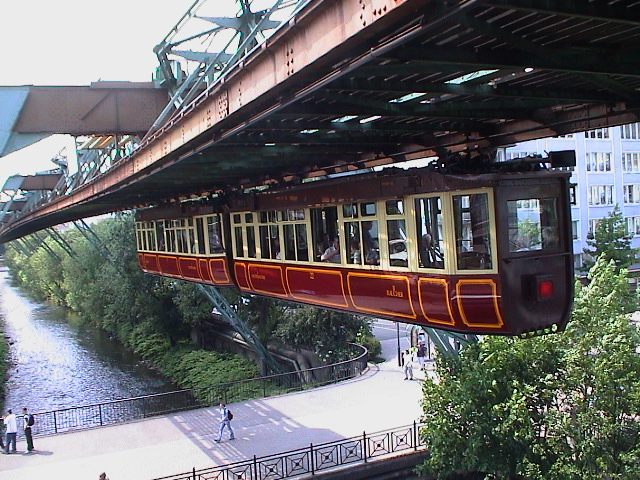

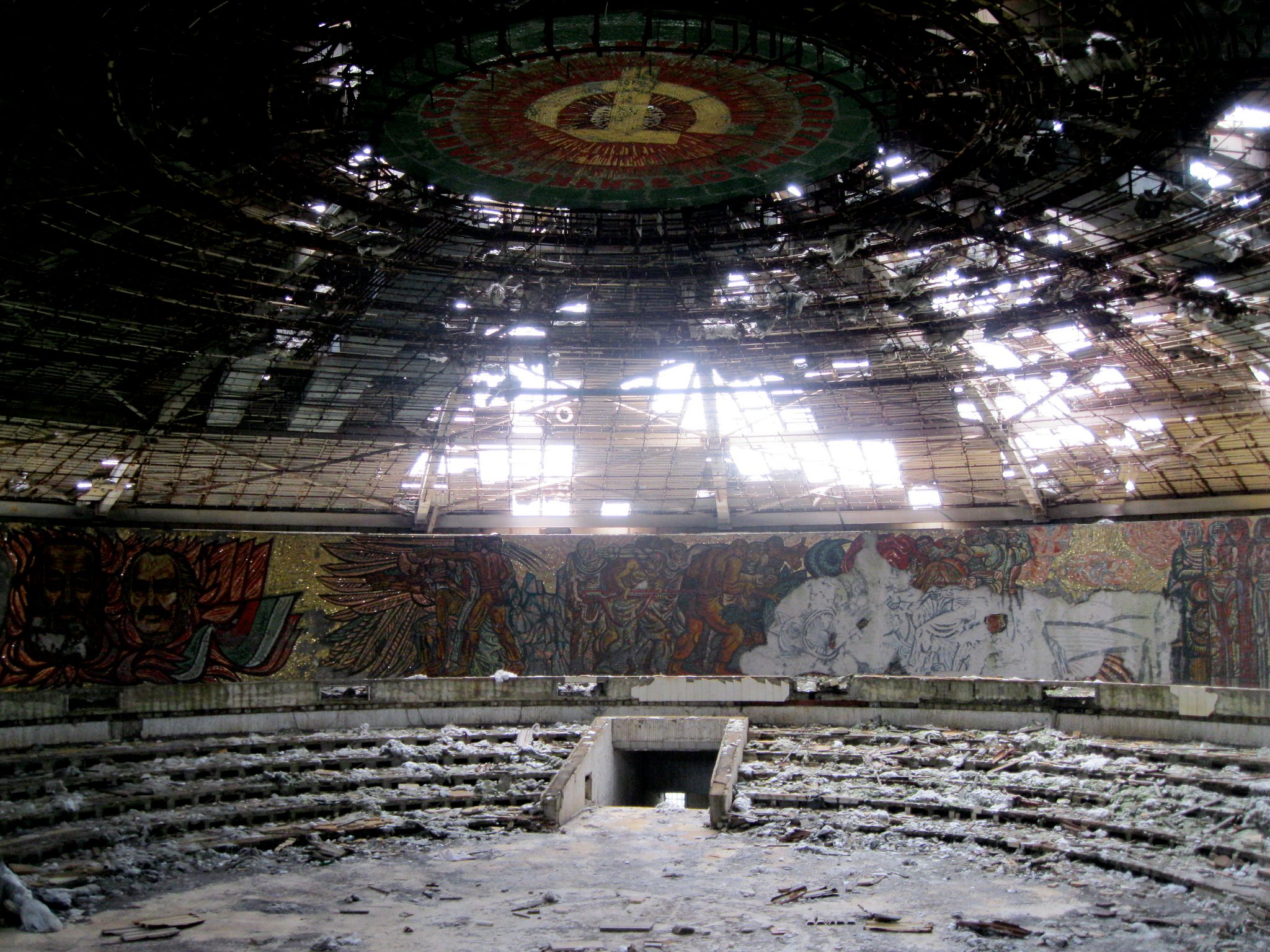
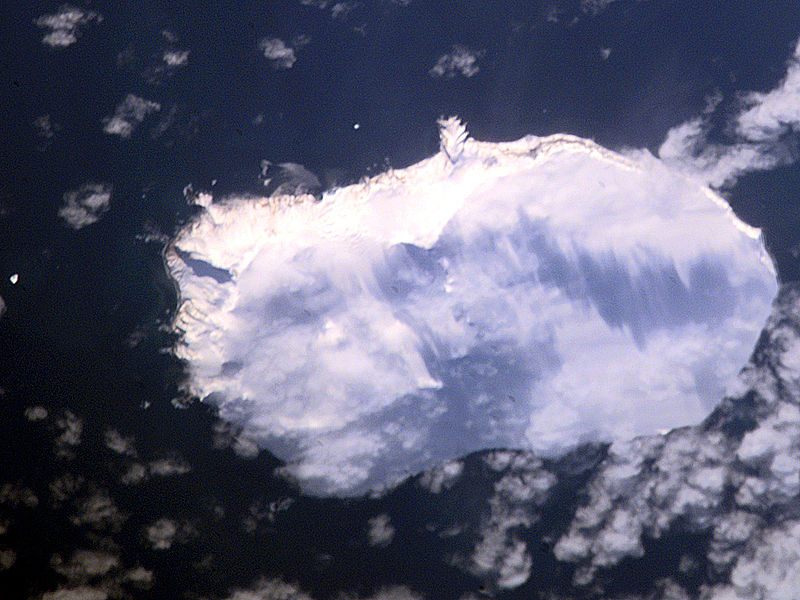
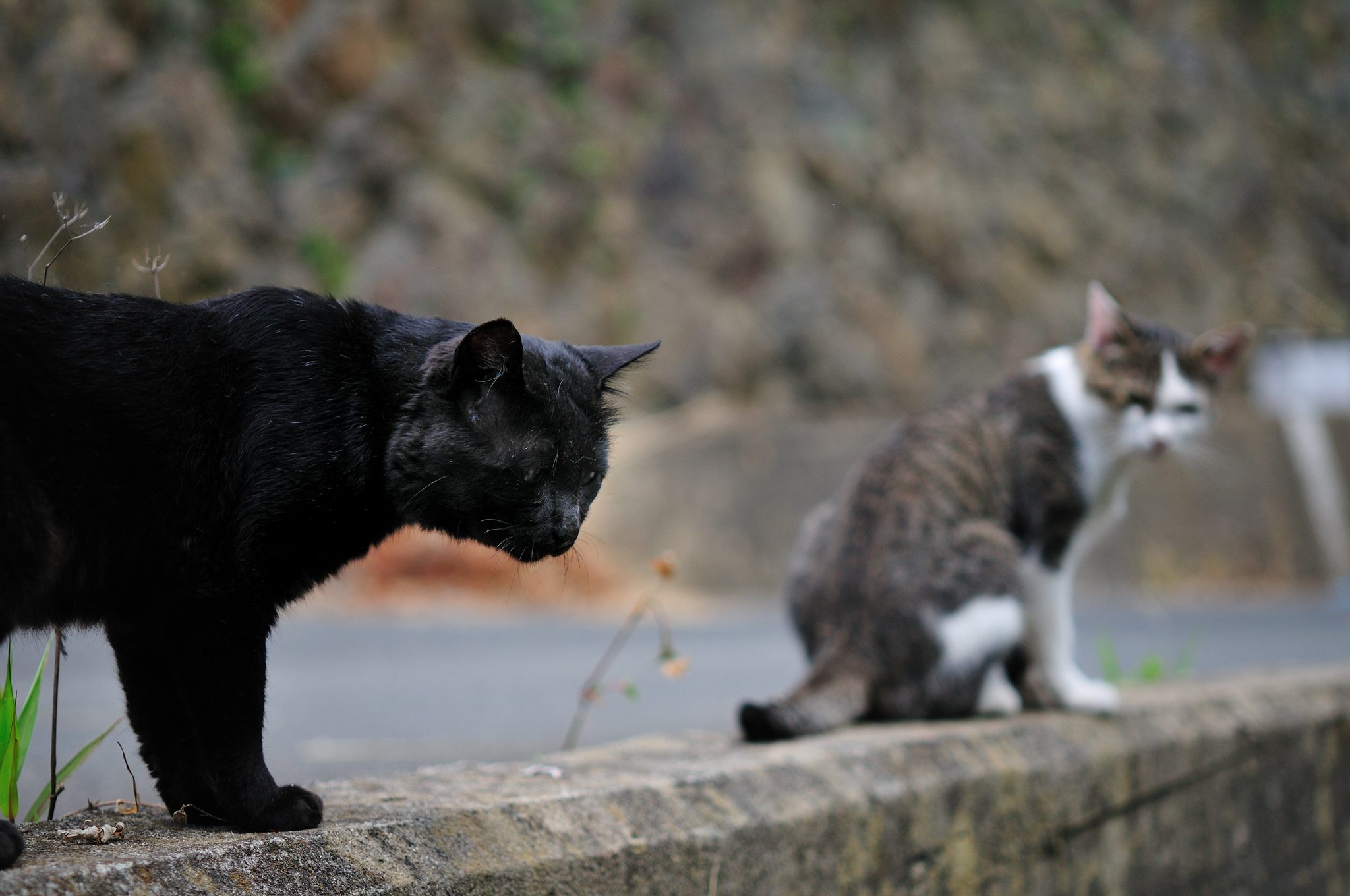



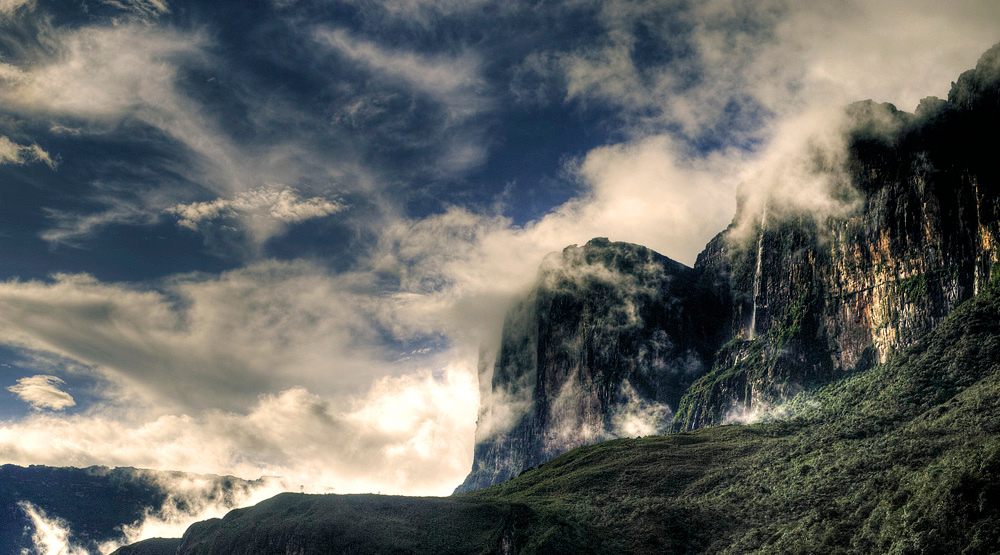








Follow us on Twitter to get the latest on the world's hidden wonders.
Like us on Facebook to get the latest on the world's hidden wonders.
Follow us on Twitter Like us on Facebook